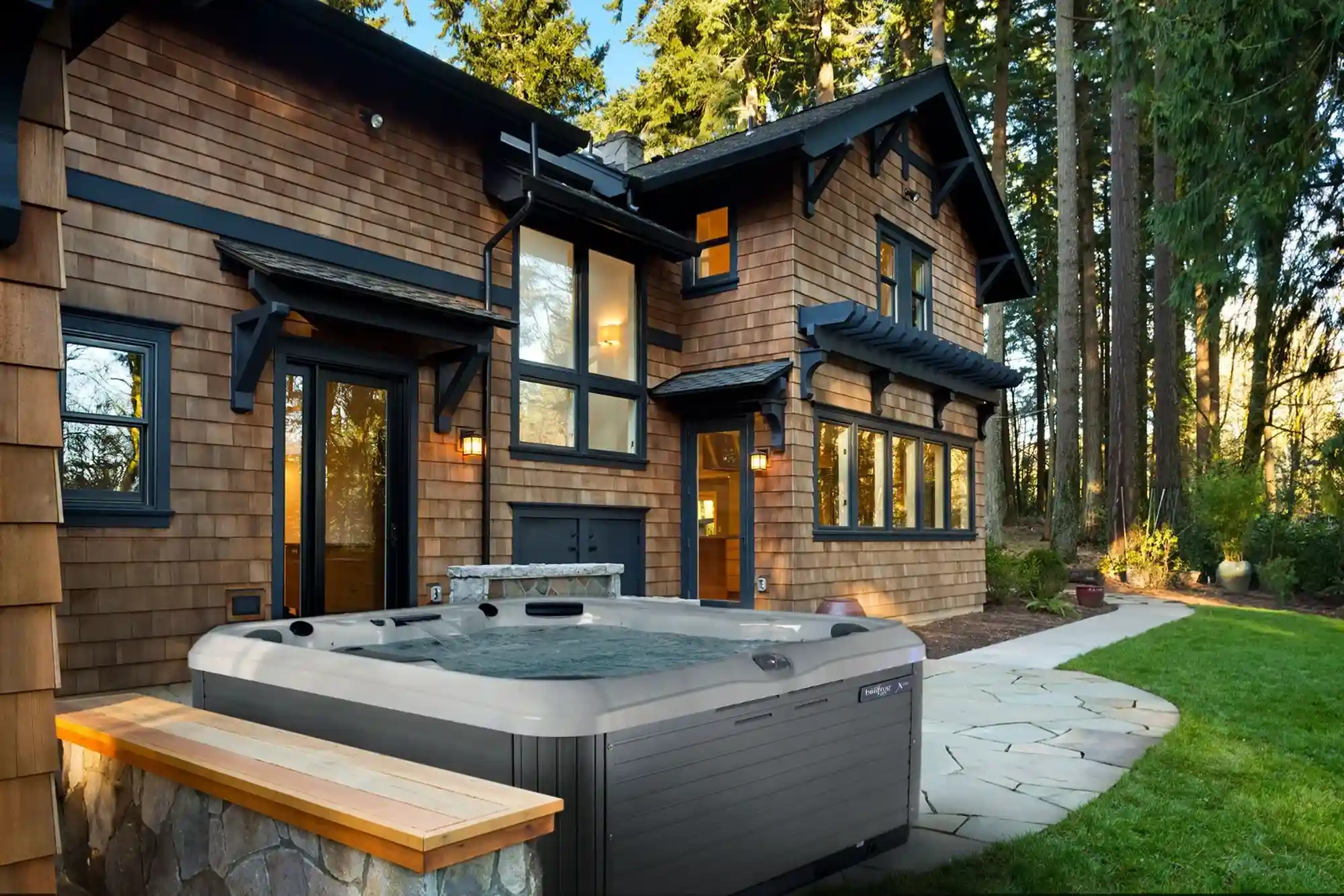Buying a house is one of the most significant financial decisions most people will make in their lives. Whether you’re a first-time homebuyer or a seasoned investor, understanding the essential aspects of buying houses can greatly impact your decision-making process. This article covers everything from choosing the right location and determining your budget to navigating financing options and closing a deal.
Why Buy a House?
Owning a house offers both financial stability and personal satisfaction. A home is not just a place to live but also an investment that can grow in value over time. Property ownership provides tax benefits, freedom to renovate, and long-term financial growth through appreciation. Additionally, buying a house can protect against inflation by locking in monthly payments, especially with fixed-rate mortgages.
Factors to Consider When Buying a House

Location and Neighborhood
Location is one of the most crucial factors in choosing a house. The neighborhood you select will impact your lifestyle, commute, and even the value of your property over time. Research the area thoroughly, considering the quality of local schools, safety, accessibility to amenities, and potential for property value appreciation. Proximity to work, shopping centers, and recreational areas can also play an important role in making the right choice.
Budget and Affordability
Before beginning your search, establish a clear budget based on your income, savings, and potential mortgage. Your budget will narrow down your choices and prevent you from considering properties that are out of reach. Consider all costs involved in home ownership, including maintenance fees, property taxes, homeowners’ association (HOA) fees, and insurance. Use an affordability calculator to get an idea of how much you can comfortably afford.
House Type and Size
Determine the type of house that best suits your lifestyle and future plans. Single-family homes, condos, townhouses, and multi-family properties offer different benefits. Single-family homes provide privacy, while condos and townhouses offer amenities and low-maintenance living. Multi-family properties, on the other hand, can generate rental income if you decide to rent out a unit.
Condition of the Property
Inspect the condition of the house before making a purchase. A thorough home inspection will help you identify potential issues, such as structural damage, electrical problems, plumbing, or mold. Consider whether you’re willing to take on a fixer-upper or prefer a move-in-ready property. Renovating a home can increase its value but requires additional time and money.
Financing Options and Mortgage Types
Understanding the different types of mortgages and financing options can help you make an informed decision. Choose between a fixed-rate mortgage, adjustable-rate mortgage (ARM), or government-backed loans like FHA or VA loans. A fixed-rate mortgage locks in an interest rate for the loan term, offering stability in monthly payments. ARM loans start with a lower interest rate that may change based on market conditions. Government-backed loans provide assistance for those who may not qualify for conventional loans.
Steps to Buying a House
Research the Market
Conduct market research to understand current property values, market trends, and forecasted growth. Look for properties in areas that are likely to see property value appreciation.
Get Pre-approved for a Mortgage
Getting pre-approved shows sellers that you are a serious buyer. It also helps you understand how much financing you qualify for, ensuring that you’re looking at houses within your range.
Choose a Real Estate Agent
A qualified real estate agent can guide you through the Houses to Buy. Agents have local market knowledge, negotiation skills, and access to listings that may not be available to the public. Choose an agent with good reviews and experience in your desired area.
Visit and Inspect Homes
Visit several homes to get a better understanding of what’s available in your budget. Assess factors like layout, natural lighting, and general upkeep. A home inspection is essential to uncover any hidden issues that could impact your decision.
Make an Offer
Once you find a house you like, work with your agent to make an offer. The offer includes the purchase price and any contingencies like inspections or financing. Be prepared for counteroffers and be willing to negotiate terms to reach an agreement.
Finalize the Financing
After your offer is accepted, finalize your financing with the lender. This includes submitting all required documents, finalizing the mortgage details, and locking in your interest rate.
Closing the Deal
The final step is closing, where you’ll review and sign all paperwork to officially transfer ownership. At closing, you’ll also pay closing costs, which include lender fees, title insurance, and recording fees.
Understanding Closing Costs
Closing costs are additional expenses beyond the purchase price that you pay when finalizing your home purchase. They can range from 2% to 5% of the home’s price and cover things like appraisal fees, title insurance, taxes, and loan origination fees. Be prepared for these costs as part of your total budget.
| Closing Costs | Description |
|---|---|
| Appraisal Fee | Fee for property appraisal to determine value |
| Title Insurance | Protects against title discrepancies |
| Loan Origination | Covers the lender’s fee for processing the loan |
| Recording Fees | Government fees for recording the property deed |
| Property Taxes | Taxes payable on the property at closing |
| Home Inspection | Cost of inspecting the home for condition issues |
Pros and Cons of Buying a House

Pros
- Long-term Investment: Buying a house can increase in value, building equity over time.
- Stability and Security: Homeownership offers the freedom to settle in one location and make modifications.
- Tax Benefits: Mortgage interest and property tax deductions can reduce taxable income.
Cons
- Maintenance Costs: Homeowners are responsible for all repairs and upkeep.
- Upfront Costs: Down payment and closing costs are substantial financial commitments.
- Market Risk: Property values can fluctuate based on economic factors, affecting potential returns.
Tips for First-Time Homebuyers
- Set Realistic Goals: Understand your budget and what you can afford.
- Stay Organized: Keep a record of each step, from pre-approval to closing.
- Avoid Major Financial Changes: Don’t take out new loans or credit until after closing, as this can impact your loan approval.
Frequently Asked Questions (FAQs)
How much should I save for a down payment?
The recommended amount is typically 20% of the home price, although some loans allow for as little as 3-5%. Saving more can help avoid private mortgage insurance (PMI).
What is PMI, and do I need it?
Private Mortgage Insurance (PMI) is required if your down payment is less than 20%. It protects the lender in case of default.
How long does it take to buy a house?
On average, the home-buying process takes between 1 to 3 months from start to finish, depending on financing and negotiations.
Should I buy a house if I plan to move in a few years?
Consider the costs of buying and selling. If you plan to move within a few years, renting might be more financially sound than purchasing due to transaction costs and market uncertainty.
How can I improve my chances of mortgage approval?
Maintain a good credit score, keep debt low, and save for a larger down payment to increase mortgage approval odds.
Buying a house is a significant investment, and taking the time to research and understand the process can save you time, money, and stress. Remember to consider your budget, choose the right type of home, and take steps to secure the best financing. With this guide, you’ll be well on your way to making a smart, informed decision on your journey to homeownership.







